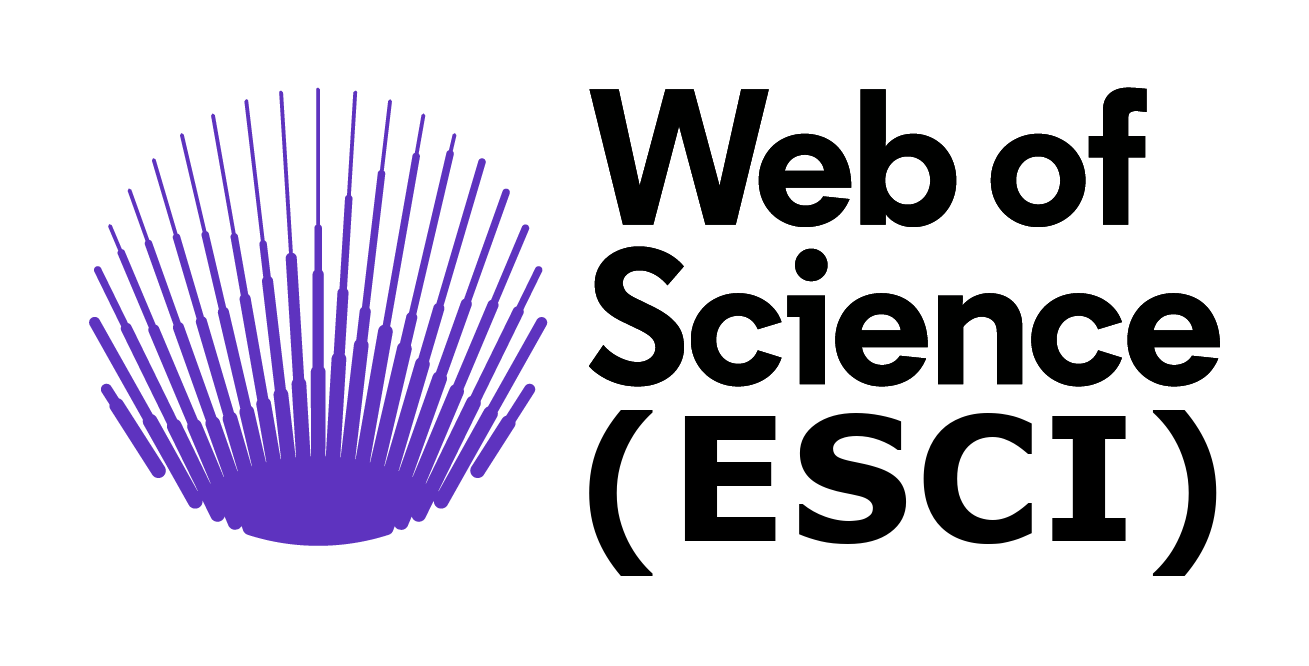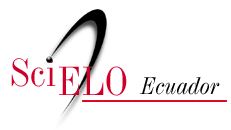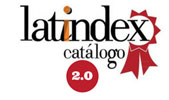Evaluación de la Calidad de Liderazgo en el Gobierno de Tecnologías y Sistemas de Información
DOI:
https://doi.org/10.29019/enfoqueute.v8n1.150Palabras clave:
Gobierno de TSI, liderazgo, medición y evaluación de calidad, tecnología y sistemas de informaciónResumen
En la actualidad, el liderazgo y estilo de gobierno se han convertido en uno de los criterios de calidad que desafían al Gobierno de las Tecnologías y Sistemas de Información (GoTSI) basado en valor en el dominio público. En este aspecto, el conocimiento sobre los modelos de excelencia y los estándares GoTSI juegan un papel vital en el éxito de las organizaciones debido a su utilidad como sistemas que ayudan a mejorar la excelencia organizacional. Dos de estos son el Modelo Iberoamericano de Excelencia en la Administración Pública y el estándar GoTSI ISO/IEC 38500. Este trabajo los toma en cuenta para crear un nuevo modelo de evaluación de GoTSI, el mismo que es validado a través de la opinión de líderes de tecnologías y sistemas de información de nivel directivo. En términos generales, el nuevo modelo se compone de 2 sub-criterios, 11 dimensiones y 5 componentes de evaluación. Este permitirá que el GoTSI se evalúe como principio de calidad y, a partir de ahí, realice una mejora y un cambio organizativo de los procesos y decisiones del equipo GoTSI. Del mismo modo, también ayudará a abrir el camino al desarrollo de nuevos criterios de calidad con una visión específica y completa.
Descargas
Referencias
Aragón, A., & Sánchez, G. (2012). Metodología de la investigación. (Universidad de Murcia) Retrieved 2016, from https://www.youtube.com/watch?v=RvUIIIoY7w4
Bäcktröm, I., Wiklund, H., & Ingelsson, P. (2011). Learning from others to adapt quality management to the future. Total Quality Management & Business Excellence, 22(2), 187-196.
Benavides Velasco, C., & Quintana García, C. (2003). Gestión del Conocimiento y Calidad Total. Madrid: Díaz de Santos.
BNQP - Baldrige National Quality Program. (2015). Criteria for Performance Excellence. Retrieved from www.nist.gov
Cronbach, L. (September 1951). Coefficient alpha and the internal structure of tests. Psychometrika , 16(3), 297-334.
Doeleman, H., Have, S., & Ahaus, K. (2012). The moderating role of leadership in the relationship between management control and business excellence. Total Quality Management & Business Excellence, 23(5-6), 591-611.
European Foundation for Quality Management [EFQM]. (2013). EFQM Excellence Model. Recuperado el 2015, de http://www.efqm.org/sites/default/files/overview_efqm_2013_v1.pdf
Fernández Martínez, A., & Llorens Largo, F. (2012). Gobierno de las TI para las universidades. Madrid: CRUE. Retrieved 01 22, 2014, from www.crue.org/universitic
Fundación Iberoamericana para la Gestión de la Calidad [FUNDIBEQ]. (2015). FUNDIBEQ. Recuperado el 2015, de http://www.fundibeq.org
González Rosas, E., Carrión García, A., & Acosta Uribe, B. (2014). Comparativa conceptual de los criterios de liderazgo en modelos de calidad total. Congreso internacional de contaduría, administración e informática. México D.F.
International Organization for Standardization (ISO) and the International Electrotechnical Comission (IEC). (2008). ISO/IEC 38500:2008. Corporate Governance of Information Technology. Retrieved 07 18, 2014, from http://www.iso.org/iso/home/store/catalogue_tc/catalogue_detail.htm?csnumber=51639
Martínez-Vilanova y Martínez, A. (2008). Modelo de Evaluación y Diagnósis de Excelencia en la Gestión, basado en el Cuadro de Mando Integral y el Modelo EFQM de Excelencia. Aplicación a las Cajas Rurales. Tesis doctoral, Universidad Politécnica de Valencia, Organización de Empresas, Economía Financiera y Contabilidad, Valencia.
Merchán, V., & Rodríguez, R. (2015). Análisis de los modelos de Gobierno de Tecnologías de la Información y sus relaciones con el Modelo de Excelencia Iberoamericano. XXI Congreso Argentino de Ciencias de la Computación-CACIC 2015. Buenos Aires - Argentina.
Merchán, V., & Rodriguez, R. (2016). Towards Value-Based Information Technology Leadership Excellence. In C. Collazos (Ed.), IEEE 11CCC 2016. Popayán: IEEE Colombia, 2016.
Municio, P., & Red Universitaria de Evaluación de la Calidad RUEC. (1998). Evaluación de la Calidad de la Educación Superior. Un modelo de autoevaluación institucional. (1 ed.). (W. K. Educación, Ed.) Madrid-España: Red Universitaria de Evaluación de la Calidad.
Nwabueze, U. (2011). Implementing TQM in healthcare: The critical leadership traits. Total Quality Management & Business Excellence, 22(3), 331-343.
Ooi, K.-B. (2012). The effectiveness of TQM: A simulator for knowledge distribution? Total Quality Management & Business Excellence , 23(5-6), 653-671.
Pérez Juste, R., López Rupérez, F., Peralta Ortiz, M., & Municio Fernández, P. (2014). Hacia una educación de calidad. Gestión, Instrumentos y Evaluación. (5ta). Madrid-España.
Pfleeger, S., & Kitchenham, B. (2001). Principles of Survey Research part 1: Turning lemons into Lemonade. ACM SIGSOFT: Software Engineering Notes, 26(6), 18-20.
Sánchez Peña, J. J. (2013). Evaluación de la calidad en el ámbito del Gobierno y la Gestión de Servicios de TI. [Tesis Doctoral inédita], Universidad de Alcalá, Ciencias de la Computación, Alcalá de Henares.
Toomey, M. (2009). Waltzing with the Elephant: Una guía exhaustiva para la dirección y el control de la tecnología de la información. (J. Pardo Martínez, Trans.) Australia: Infonomics Pty Ltd.
Descargas
Publicado
Número
Sección
Licencia
Los autores retienen todos sus derechos (© copyright).
- Los autores retienen sus derechos de marca y patente, y también sobre cualquier proceso o procedimiento descrito en el artículo.
- Los autores retienen el derecho de compartir, copiar, distribuir, ejecutar y comunicar públicamente el artículo publicado en Enfoque UTE (por ejemplo, colocarlo en un repositorio institucional o publicarlo en un libro), siempre que se dé el reconocimiento de su publicación inicial en la revista Enfoque UTE.
- Los autores retienen el derecho a hacer una posterior publicación de su trabajo, de utilizar el artículo o cualquier parte de aquel (por ejemplo: una compilación de sus trabajos, notas para conferencias, tesis, o para un libro), siempre que indiquen la fuente de publicación (autores del trabajo, revista, volumen, número y fecha).
























